News broke on Monday that President Muhammadu Buhari and his economic team are working on a bill to stimulate the economy — by seeking to by-pass major extant laws that may stand in as bottlenecks.
Vice-President Yemi Osinbajo had earlier conferred with economic experts, including Bismarck Rewane, Bode Augusto, Akpan Ekpo, Ayo Teriba and Badayi Sani to seek quick solutions out of biting recession.
Though it remains unclear if this bill is as a result of series of meetings with economic experts, spearheaded by the vice-president, the bill is believed to have emanated from his office.
The bill seeks to revive manufacturing, create employment, strengthen the naira, and ultimately shorten Nigeria’s economic recession.
Advertisement
TheCable takes a look at seven major issues to be addressed by the bill.
1. MORE FUNDS FOR STATE GOVERNMENTS
According to The Nation, the bill seeks to amend certain laws, such as the Universal Basic Education (UBE) Act 2004.
The UBE Act states in section 11, sub-section 2, that “for any State to qualify for the federal government block grant pursuant to sub-section (1) of this section, such State shall contribute not less than 50% of the total cost of projects as its commitment in the execution of the project”.
Advertisement
With most states cash-strapped, the bill seeks to overrule this section, and allow states access about N58 billion “stuck” in UBEC’s coffers.
If the bill sails through, interested states would have N58 billion to spend through this economic crisis.
2. BOOSTING THE FOREIGN RESERVES
Nigeria’s foreign exchange reserves fell to an 11-year low on August 19, 2016, standing at $25.7billion.
With such depleting reserves, following a plunge in crude oil prices, the government is seeking to get emergency powers to sell and/or lease government property to raise $50 billion to shore up the reserves.
Advertisement
3. STRENTHENING THE NAIRA
With reserves in good shape, it would become immediately easier for the Central Bank of Nigeria (CBN) to defend the naira, and shore up its value in the face of dwindling oil prices.
A vote for this bill by the national assembly, may lead to a stronger naira against the dollar, an end to forex scarcity, and some stimulation in the Nigerian economy.
4. CREATING EMPLOYMENT
According to the Nigerian Bureau of Statistics report for the past three quarters, at least 1.5 million Nigerians have become unemployed.
The president and his team promised employment, and have not effectively delivered on that.
Advertisement
However, with the new bill, funds will be allotted for many capital projects, which will in turn generate employment.
With states having access to the UBE fund as stated in the bill, the school feeding programme of this administration may kick off and create employment in Nigeria’s vibrant informal sector.
Advertisement
5. EASIER PROCUREMENT
The Nigerian procurement act has been reported time and again as cumbersome, stalling the speed of implementation of government projects.
This bill seeks to also “support stimulus spending on critical sectors of the economy; make orders to favour local contractors/suppliers in contract awards”.
Advertisement
6. DUBAI-LIKE VISA PROCESS
Nigeria is desperate for foreign investment; foreign portfolio investment had declined by 86 percent in the past year, while foreign direct investment had plummeted by over 50 percent.
Osinbajo, who confirmed this at a presidential policy dialogue in Lagos, said the government was working on policies aimed at reducing fiscal and forex imbalances, boosting dollar liquidity, lending to the real sector, and increasing “FDIs and FPI by sustaining enabling policies”.
Advertisement
The bill, according to reports, seeks “to embark on radical reforms in visa issuance at Nigeria’s consular offices and on arrival in the country”.
This visa process, similar to that of the United Arab Emirates (UAE) and Ghana’s newly-adopted system, is to ensure ease of movement by investors into Nigeria.
7. BETTER EASE OF DOING BUSINESS INDICES
Nigeria has lagged many developing countries on the ease of doing. The bottlenecks are enormous, the laws are strenuous, the tax policies are repetitive.
The bill seeks to address some of these issues and improve the ease of doing business in Nigeria.
The office of the vice president, when contacted, neither confirmed nor denied, the existence of the bill.
2 comments


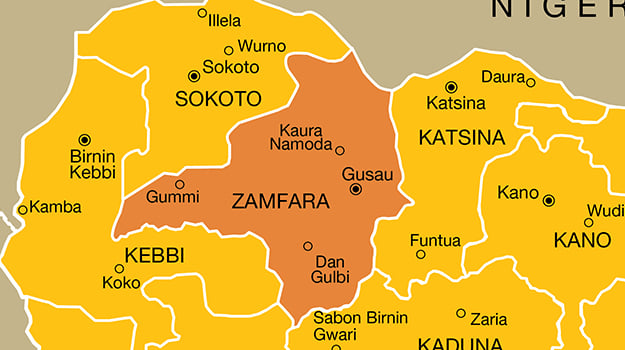
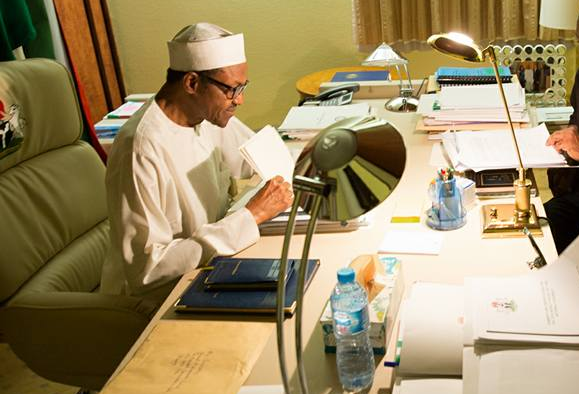
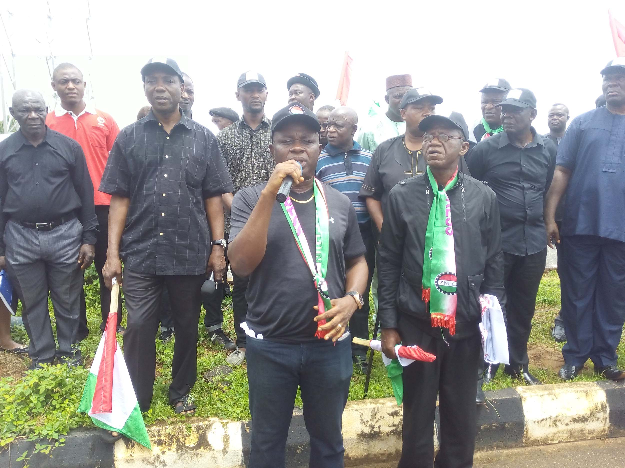

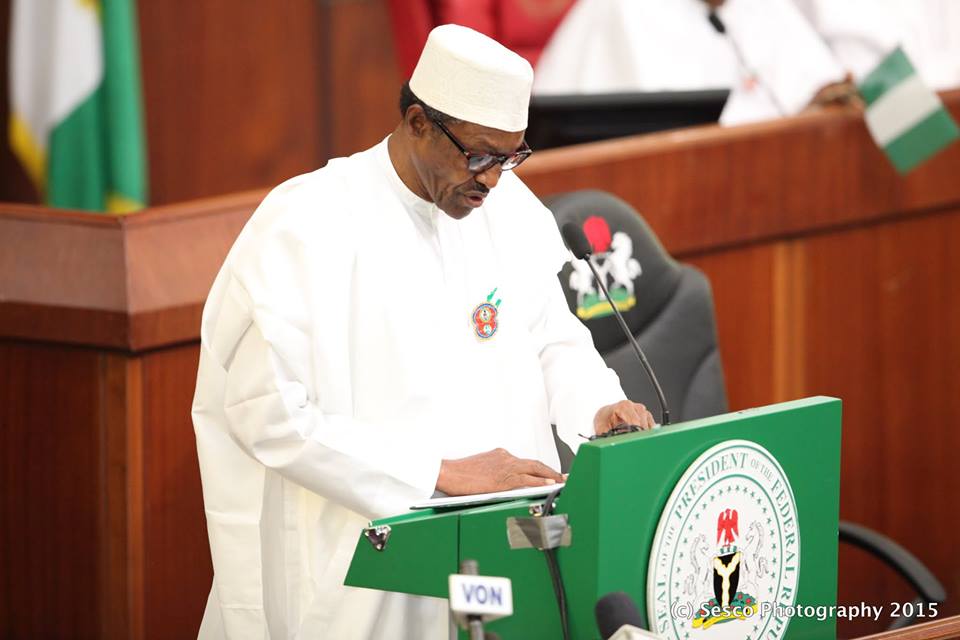
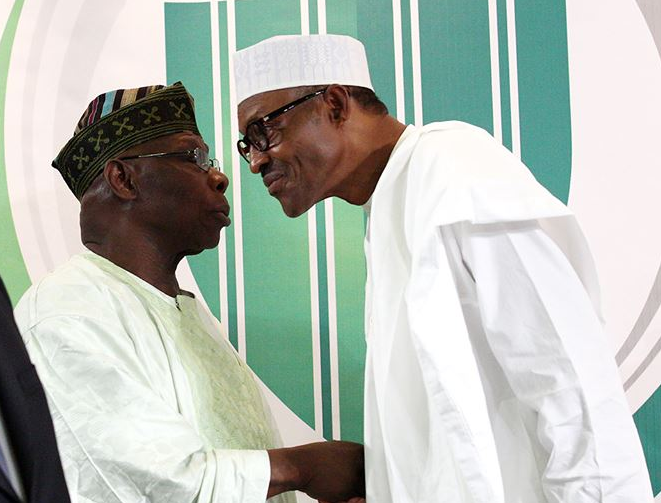
Well articulated but should be properly monitored.
I this is what the bill will address then they are fundamental but sale of government property let it not be like the unbundled of PHONE, such could be floated on the capital markets for the benefit of Nigerians.